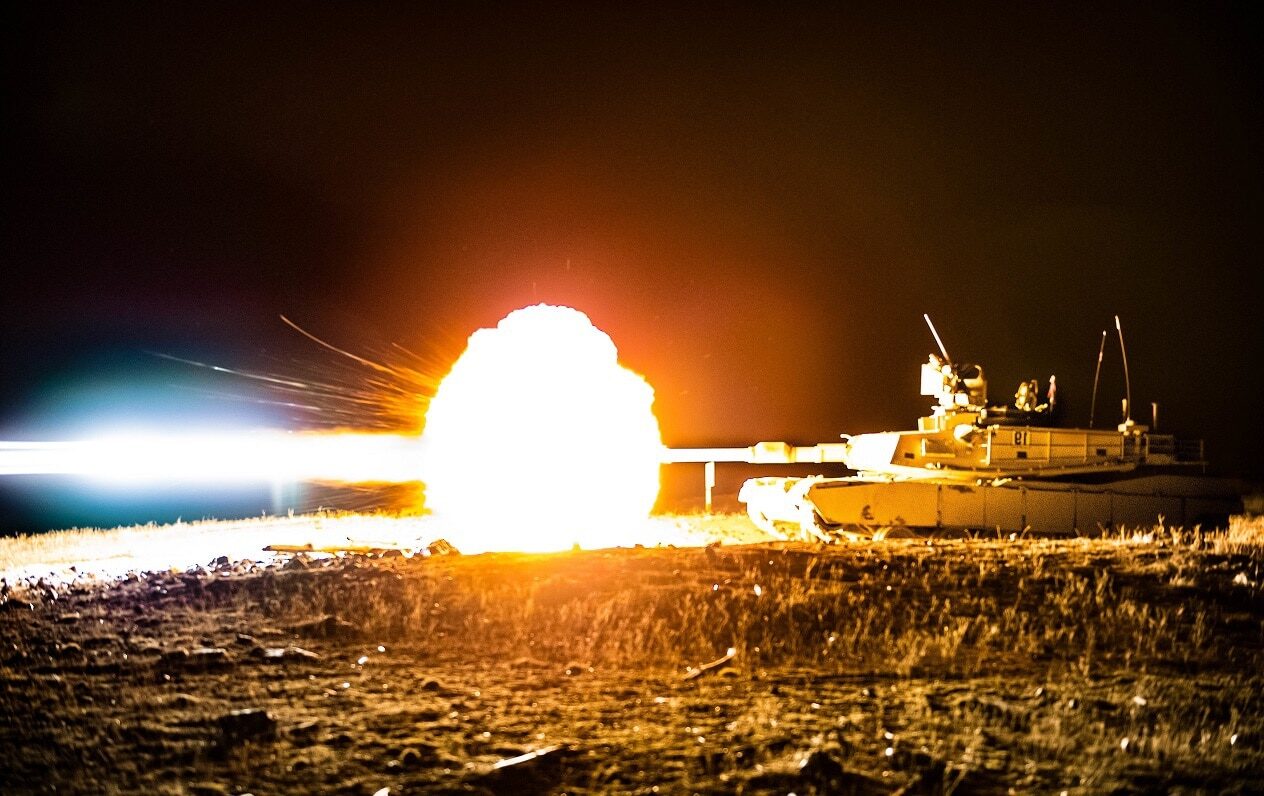As the war on terror went off the rails in the last two decades, calls for the US to show greater restraint in its foreign policy grew. One hears such language regularly now from both US political parties. Crucially, however, greater caution in US foreign policy need not translate into abandoning Ukraine to be slowly taken apart by Russia. Greater ‘realism’ in US – and Western – foreign policy is not the same thing as cynicism. There is a clear prudential case for helping Ukraine.
Greater Restraint
By now the case for greater restraint in US foreign policy is well understood. After the collapse of the Soviet Union, the United States emerged as the sole superpower, far ahead of any potential rivals. While the administration of President Bill Clinton did not fully grasp just how distinct the US had become, the next administration of President George W. Bush did. And in the wake of the 9/11 terror strike, it launched a massive effort to re-make the Middle East, something only a state with the extraordinary leverage the US had would even contemplate. This led to exorbitant claims fifteen years that the US was an ‘empire.’
But the war on terror was beyond even America’s reach. Massive hard power advantages did not translate well into the soft power skills to re-make states. By the election of Barack Obama as president, American opinion was already turning against ‘stupid wars’ or ‘forever wars’. When Donald Trump took over the Republican party in 2015-16, he changed the internationalist consensus of America’s ‘national security’ party toward ‘America First.’ There is now wide agreement that the US should do less abroad, particularly that it should husband its resources for the looming challenge of rising China.
Restraint Does Not Mean Isolationism; It Means Prudence
Applied to Ukraine, this framework need not mean the abandonment of Ukraine or forcing it into concessions. Since Henry Kissinger argued a few weeks ago that the US should bully Ukraine into concessions to end the war, this argument has spread. Russia is too important; the possibility of nuclear war is too great; the global costs of rising food or fuel prices are too great.
Most of these arguments are shallow:
– Treating Russian ‘importance’ as some kind of blank check for bad behavior asking for Putin to do this again. That is not caution but recklessness.
– Nuclear escalation is highly unlikely (if Putin were afraid of a war with NATO, he would not be grinding up his army in the Donbas) and are being used up as an excuse for stop support for Ukraine.
– Complaints about rising costs are just decadent. Russia is operating death squads in Ukraine, but the West cannot handle gas at $5/gallon?
Behind this, though is the notion that the US and West should not over-extend, that prudence in foreign policy means letting Ukraine deal with Russia alone, much as it means abandoning Taiwan to China.
But restraint need not mean isolationism. Exercising greater prudence does not mean automatically damning US military action. There will be times when the US will engage, or even fight, just as there will be times when it should withdraw or retrench. Caution in foreign policy means ranking US objectives and showing care in the means used.
By that standard, both Iraq and Afghanistan were, indeed, unnecessary wars. The course of those countries was not that important to the United States, and the heavy American footprint in fractured societies pulled the US into unwinnable quagmires (which the US should have learned from the Vietnam war).
Ukraine is not this; it is not a direct American intervention, and the war’s importance, as a direct challenge by Russia to the post-Cold War settlement, is vastly more important than the war on terror.
Proxy Wars are Not Wars of Intervention
Ukraine is obviously not yet another Western quagmire. The US and the West are not directly engaged in the conflict. The costs we are carrying are primarily economic – aid transfers to Ukraine and the economic disruption costs of the war. But as the wealthiest state in world politics, surely the West has the resources to carry such minor pain for the valuable strategic goal of frustrating Putin’s increasingly imperial behavior.
Indeed, supporting proxies rather than fighting directly is the very definition of restraint when the use of force is unavoidable. Proxies promote US/Western goals without directly involving NATO in conflict. Indeed, the West supported a proxy war against the Soviet Union forty years ago, in the 1980s, and it did not escalate into a nuclear exchange.
In short, the costs of this conflict to the West are low, and its strategic value of it is middling, if not high. And we are prudently engaged only as a proxy, not as a direct belligerent. That should clear the bar of a more restrained, but not isolationist, foreign policy.
Dr. Robert E. Kelly (@Robert_E_Kelly; website) is a professor of international relations in the Department of Political Science at Pusan National University. Dr. Kelly is a 1945 Contributing Editor as well.

